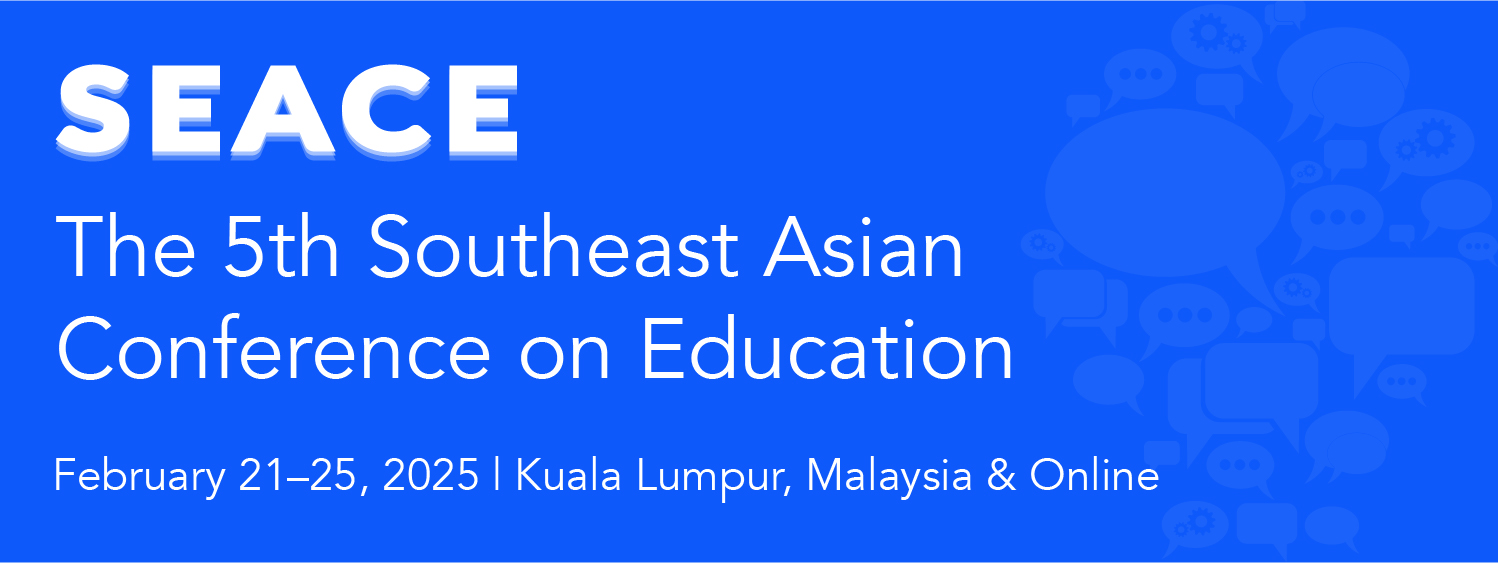Interprofessional Collaboration to Support Caregiving in the Community: Positive Psychology’s Strengths Karuta Practice Intervention for Character Strengths (77945)
Friday, 16 February 2024 17:00
Session: Poster Session
Room: Sawankalok Hall (2F)
Presentation Type: Poster Presentation
Positive psychology focuses on individual strengths and their impact on well-being. Utilizing one's strengths in work leads to meaningfulness and well-being. This study aimed to assess the effectiveness of “Strengths Karuta Work,” a traditional Japanese playing card-based intervention in interprofessional collaboration among professionals supporting community care. Forty-three interprofessional caregivers participated in the "Strengths Karuta Work" program, and questionnaires were administered pre- and post-training, and one month later. Pre-training assessments included the Character Strengths Test 24 (CST24), Subjective Happiness Scale (SHS), ME-Work (Module 1: the four aspects that support meaning in work), strengths recognition and utilization, and interprofessional collaboration behavior. Post-training and one-month follow-up evaluations covered strengths recognition and utilization, interprofessional collaboration behavior, and SHS. Participants' strengths and SHS showed weak to moderate significant correlations with attributes such as courage, enthusiasm, kindness, intimacy, leadership, and hope. There was a significant moderate correlation between SHS and ME-Work Consistency. The ME-Work subfactors had the following effects: coherence-enthusiasm and honesty; significance-diligence, self-control, and honesty; purpose-honesty; and belonging-gratitude. The Karuta Work intervention increased strengths recognition compared to pre-training; however, no significant differences were found in SHS and interprofessional collaboration. Subjective well-being was linked to consistency in work, with strengths like enthusiasm and honesty influencing it. This study demonstrated the effectiveness of the Strengths Karuta Work in enhancing individuals' recognition of their strengths and their relationship to subjective well-being. To encourage the utilization of strengths, it is necessary to specialize in the strengths identified in this study and provide specific examples.
Authors:
Emiko Yamamoto, Aichi Medical University, Japan
Kaori Hatanaka, Baika Women's University, Japan
Satoshi Shimai, Kansai University of Welfare Sciences, Japan
Tomoko Tanaka, Okayama University, Japan
About the Presenter(s)
Dr EMIKO YAMAMOTO is a University Associate Professor/Senior Lecturer at Aichi Medical University in Japan
See this presentation on the full schedule – Friday Schedule





Comments
Powered by WP LinkPress